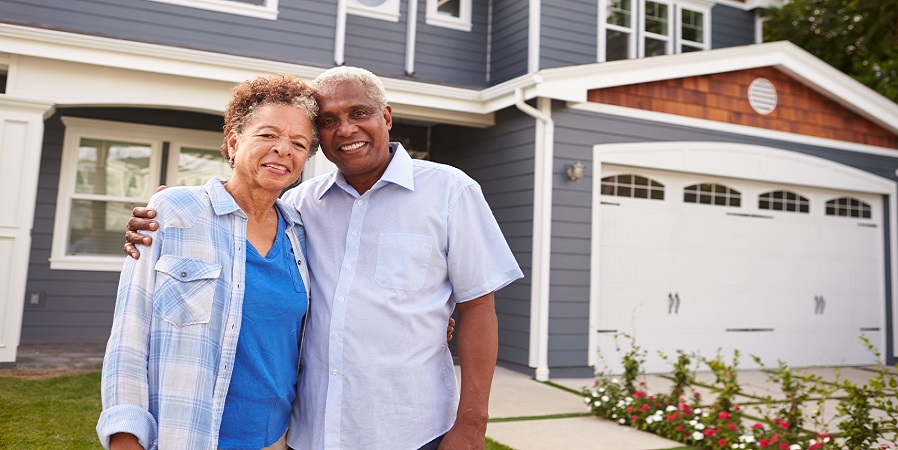
Tom Selleck. Robert Wagner. Henry Winkler. Fred Thompson. These are just a few of the celebrities who you may have seen singing the praises of reverse mortgages in TV commercials. On the other hand, you might have read articles saying that reverse mortgages prey on the desperate and should be avoided at all costs.
We’d like to provide you with what is usually lacking on both sides of the argument – facts and information – so you can make an educated decision about whether a reverse mortgage makes sense for you.
What Is a Reverse Mortgage?
A reverse mortgage is an FHA-backed mortgage program that allows qualified seniors to convert a portion of the equity in their home to cash. Reverse mortgages have actually been around since the early 1960s and became insured by the FHA in 1988 as part of the Home Equity Conversion Mortgage (HECM) program.
How Does a Reverse Mortgage Work?
It’s called a reverse mortgage because the lender makes payments to the homeowner instead of the homeowner paying the lender as with a traditional mortgage. You can receive money from a reverse mortgage in one lump sum, monthly payments, as a line of credit, or a combination of these options. You’re only charged interest on money received.
The homeowner doesn’t have to repay the loan as long as they live in the home, but they must have the financial resources to pay property taxes, homeowner’s insurance and, if applicable, homeowner’s association fees.
The loan is repaid when the home is vacated or the homeowner dies. Any proceeds or remaining equity beyond the amount owed can be passed along to heirs, but no debt is transferred to heirs.
How Do You Qualify for a Reverse Mortgage?
To be eligible for a reverse mortgage, you must be age 62 or older. You must either own your home outright, or the balance must be low enough that it can be paid off at closing. Borrowers are required to receive free or low-cost information from an HECM counselor prior to obtaining the loan. The ability to pay property taxes, insurance, etc. is determined prior to approval.
Single-family homes, condos, townhouses, manufactured homes built after June 1976, and 2-4 unit properties are eligible for a reverse mortgage. A co-op does not qualify.
Why Would Someone Choose or Not Choose a Reverse Mortgage?
The original idea behind a reverse mortgage was that it could help older folks use home equity to pay for living expenses, medical bills, other debt and home improvements. However, there are no restrictions related to how these funds are used.
A reverse mortgage might make sense for people who don’t plan to move, have the money to pay for basic living expenses, and are looking to supplement their income and improve cash flow. On the other hand, if you plan to move within a few years, other types of loans would probably make more sense. If you plan to leave your home to your children, keep in mind that the home is often sold to pay off a reverse mortgage.
There are a number of ways that people can benefit from a reverse mortgage, from making investments, to paying for a new home, to avoiding the sell-off of other assets.
Learn what to expect while a Reverse Mortgage is in process in a recent blog here.
If you'd like more information about whether or not a reverse mortgage is right for you, contact us today!






